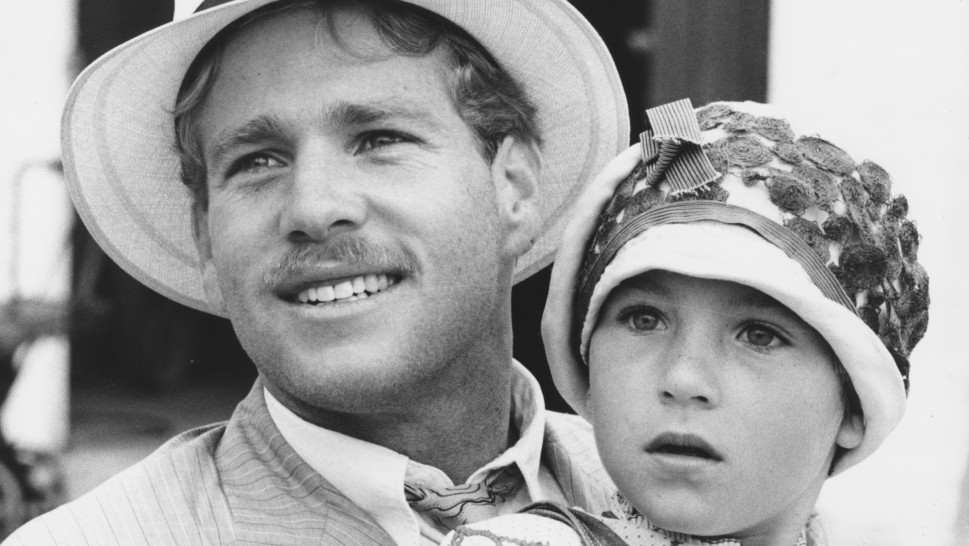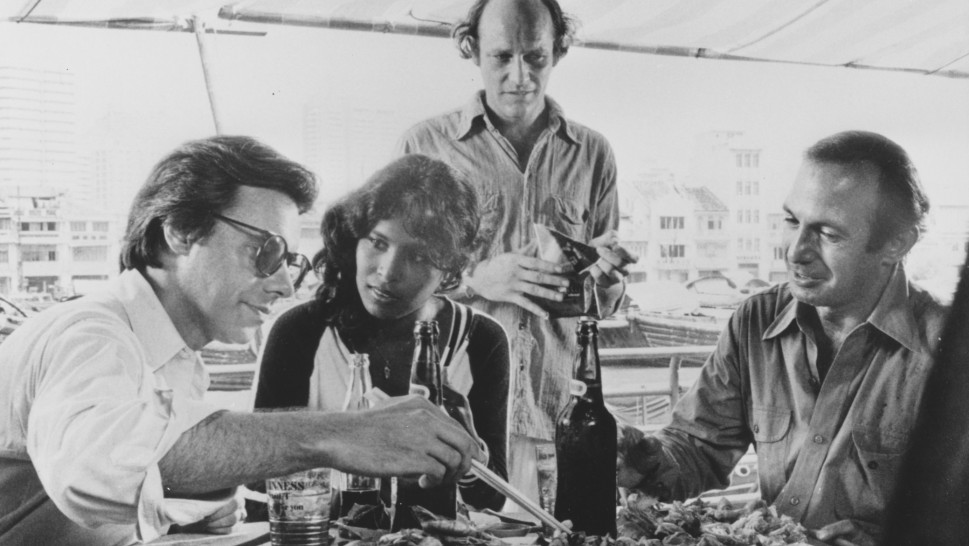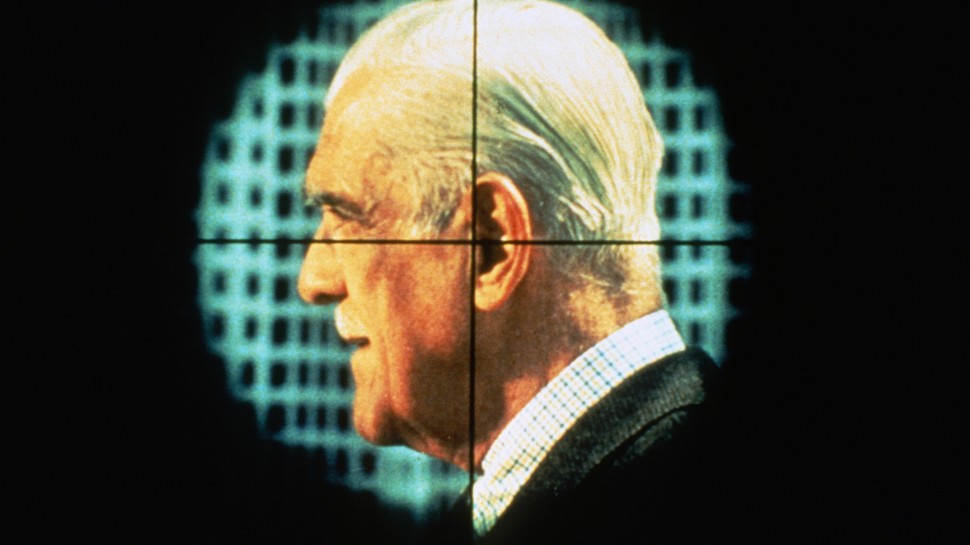



Peter Bogdanovich.
Between Old and New Hollywood
One of the major figures leading the late renaissance of the American cinema in the 1970s, Peter Bogdanovich (b. 1939) made his debut with a series of brilliantly enchanting and entertaining films that drew their inspiration from the past glory of studio-era Hollywood. Bogdanovich actually began his career in film first as an actor, taking classes with Stella Adler, before distinguishing himself as a writer and film curator. A passionate and dedicated cinephile, Bogdanovich channeled his love of movies into his work in the Museum of Modern Art film department, where he organized a series of influential major retrospectives of key Hollywood directors quickly being forgotten - including Howard Hawks, Alfred Hitchcock and Orson Welles. The MoMA catalogs for these shows, as well as Bogdanovich’s early criticism for Esquire magazine, revealed his innate talents as an insightful critic and historian whose deep knowledge of the studio-era and clear-eyed nostalgia for the past would inform his work as a director.
After one of his articles drew the attention of producer Roger Corman, Bogdanovich seized the opportunity to direct with a bold and intensely stylized tale of a cold-blooded killer, Targets, that immediately established the young director as an auteur. Bogdanovich’s three subsequent narrative features, The Last Picture Show, What’s Up, Doc? and Paper Moon, offered unexpected reinventions of studio-era genres - the Western, the screwball and small-town comedy - that cemented his standing as one of the great artists of the Seventies cinema. Following up those critical and commercial successes with a trio of undeservedly maligned, risky films - Daisy Miller, At Long Last Love and Nickelodeon - Bogdanovich returned with two of his strongest mid-career films, Saint Jack and They All Laughed.
An important film historian, Bogdanovich has made a lasting contribution to film history with his writings about and many extended interviews with the great directors of the studio era who he eventually befriended - Fritz Lang, Leo McCarey, Joseph H. Lewis but especially Welles and John Ford, about whom Bogdanovich became something of an authority. Indeed, Bogdanovich’s documentary, Directed by John Ford, still counts among the best and most influential studies of the veteran director.

















